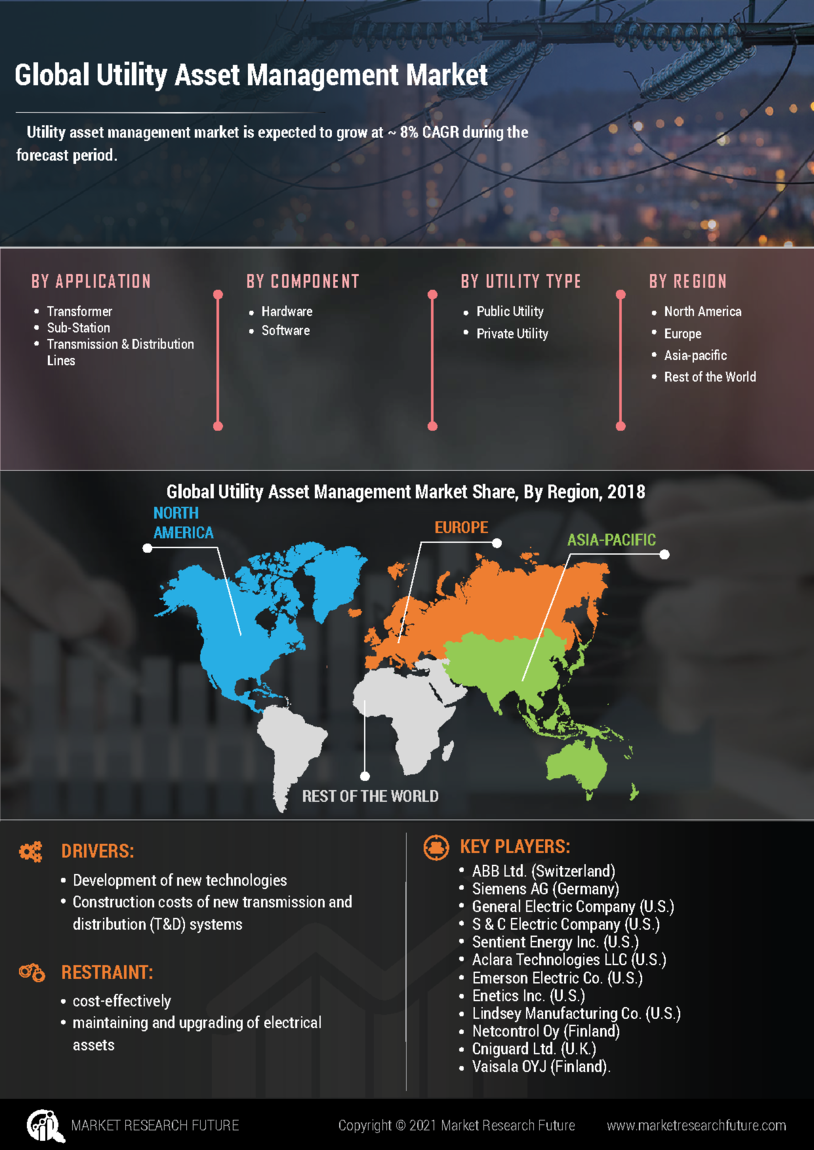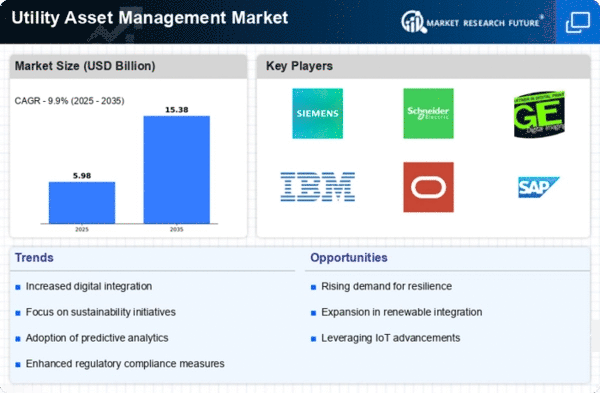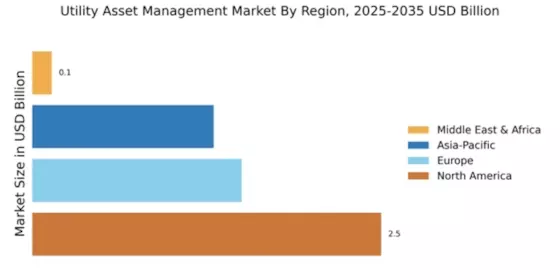October 2022:To reduce CO2 emissions overall, Adani PowerLimited (APL) hired Black & Veatch to optimize operations and enhance the dependability and performance of its power assets in India. The implementation will support the dependable, efficient, and sustainable operation of India's almost 12 GW of thermal power generating equipment by reducing unscheduled shutdowns and increasing operational efficiency.
February 2022:A new sustainable electric vehicle charging concept structure was introduced by Siemens Smart Infrastructure in the United States. It is intended to electrify fleets and large-scale, high-demand charging applications. The new VersiCharge XL (U.L. Standard) concept was developed in collaboration with Nexii Building Solutions using their exclusive low-carbon footprint sustainable building material in the U.S. to quickly and effectively electrify parking lots and new or existing building structures.
April 2024 Leading provider of structural asset management solutions for the electric utility industry, Osmose Utilities Services Inc. is pleased to announce the acquisition of IMCORP, the technology leader in underground power cable life cycle condition assessment and performance. In this strategic acquisition, which expands its portfolio of utility asset management services, Osmose has added state-of-the-art diagnostics and assessments for underground power cable systems as part of its offerings.
Electric utilities will benefit from a unique approach that ensures the reliability and performance of both above-ground as well as underground infrastructure by integrating IMCORP's expertise and innovative technology with Osmose's comprehensive asset management solutions.
November 2023 Stem, a global leader in AI-driven clean energy solutions and services, announced a multi-year technology and commercial alliance with SB Energy USA Corp (SB Energy), one of America's largest owner-operators and renewable developers. In the month of March 2023, the US Department of Energy announced a $13 billion dollar investment towards the power grid through the Grid Resilience Innovative Partnership (GRIP) initiative and the Transmission Facilitation Programme.
This will boost demand for grid upgrading, enhancing its infrastructure, as well as is anticipated to enhance utility asset management firms.Adani Power Limited (APL), in October 2022, engaged Black & Veatch’s services to improve its assets’ efficiency and reliability in India.
During September 2022: there was a full-scale installation of computerized monitoring and control system by an electric utility company located in Seguin, Texas. These included integration of SCADA system with Outage Management System software, Advanced Metering Infrastructure (AMI) technology, GIS Mapping and energy efficiency software for better customer reliability. It would enable the utility firm to manage its huge networks spread over wide distances. In May 2022: GE Digital announced Distributed Energy Resource Management System (DERMS), which will support utilities on Distributed Energy Resources (DERs) journey toward a safe, secure, and resilient grid.
That application provides intelligence, operations and economics necessary to connect with DERs while optimizing them.
Siemens launched an electrification concept called VersiCharge XL in February 2022, meant for large fleets as well as high-demand charging applications throughout the United States. A modular design that could be scaled quickly enabled this new development using Nexii Building Solutions. One anticipated solution is this modern gas station-like feature installed at Siemens’ research center for mobility solutions electrical products at Peachtree Corners, Georgia, within three days after being built during H2 2021. GE DIGITAL’S Asset Performance Management (APM) has been recognized as a capabilities leader across utilities, oil and gas, manufacturing and mining industries since February 2022.
It is a blend of software solutions and services known as APM that have undergone development with the goal of enhancing the performance of industrial companies’ most critical assets.


















